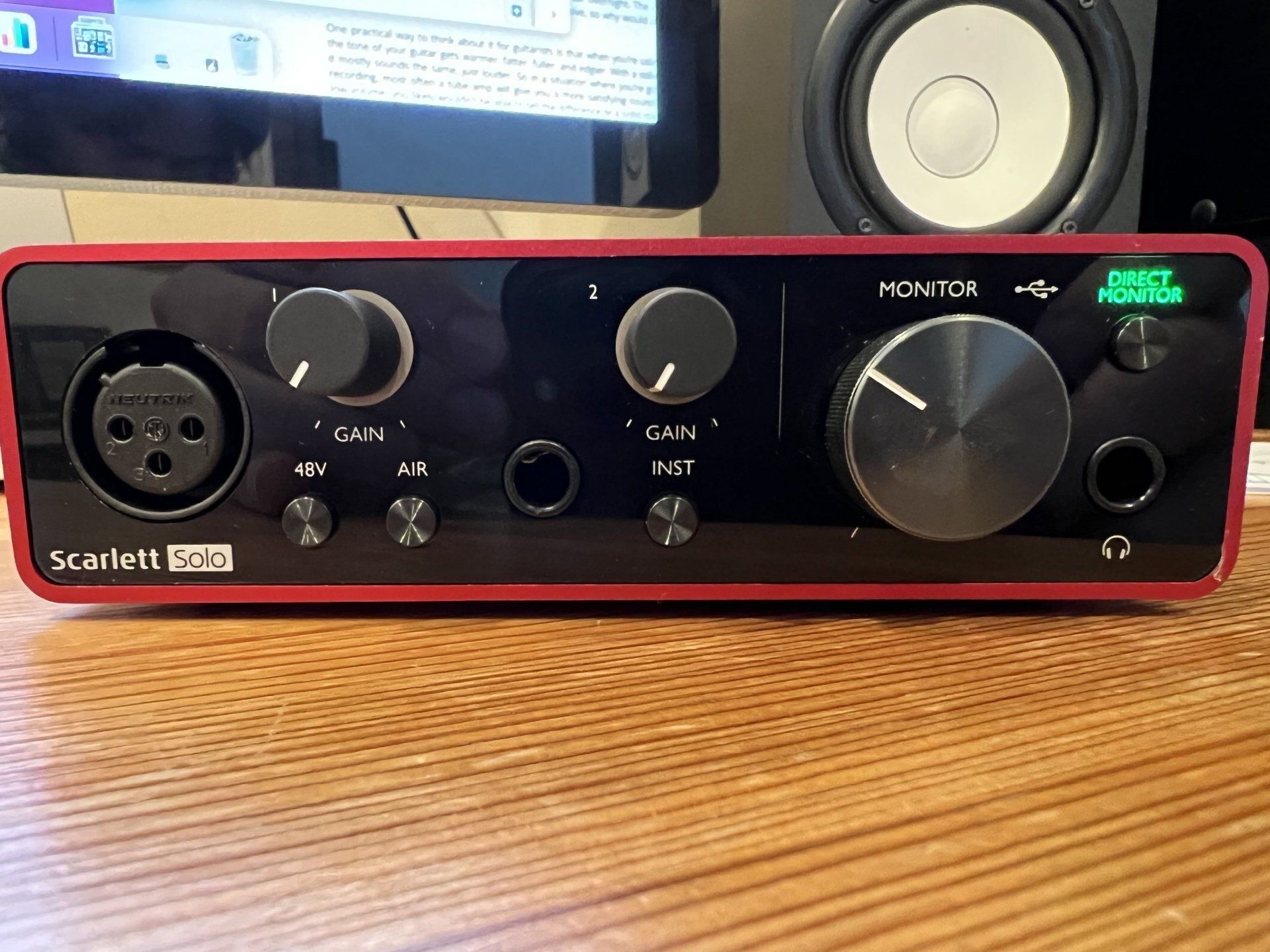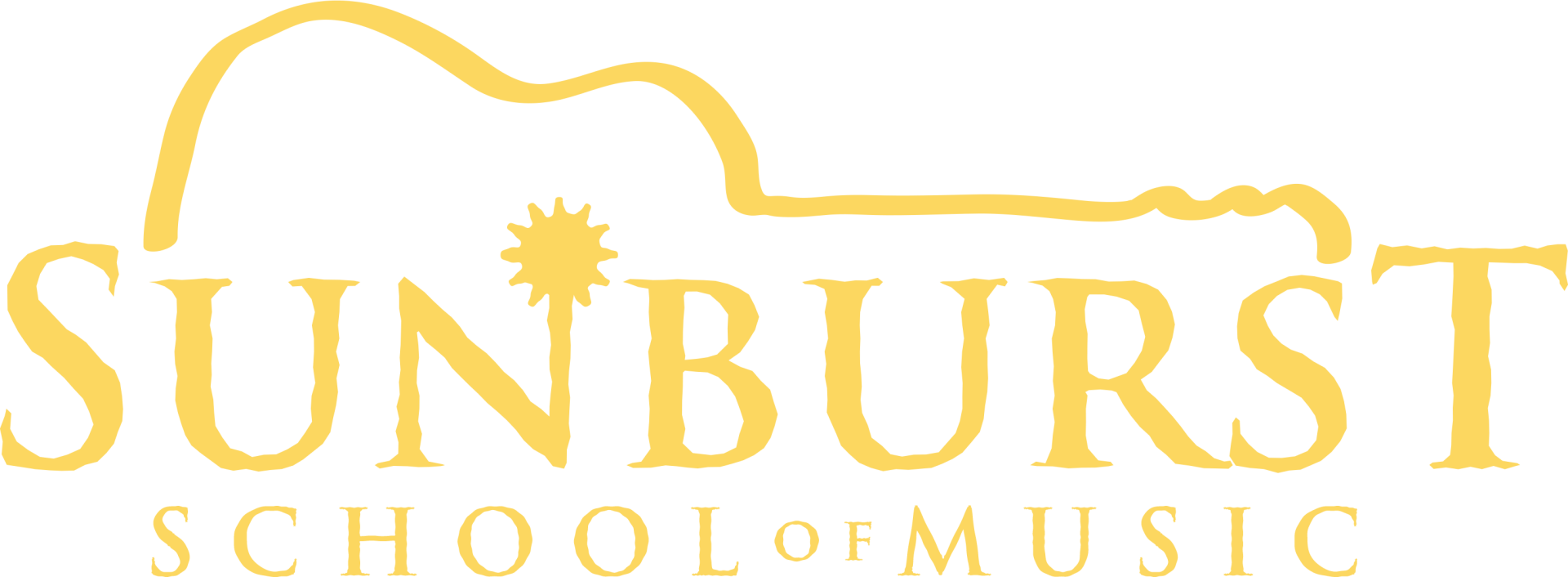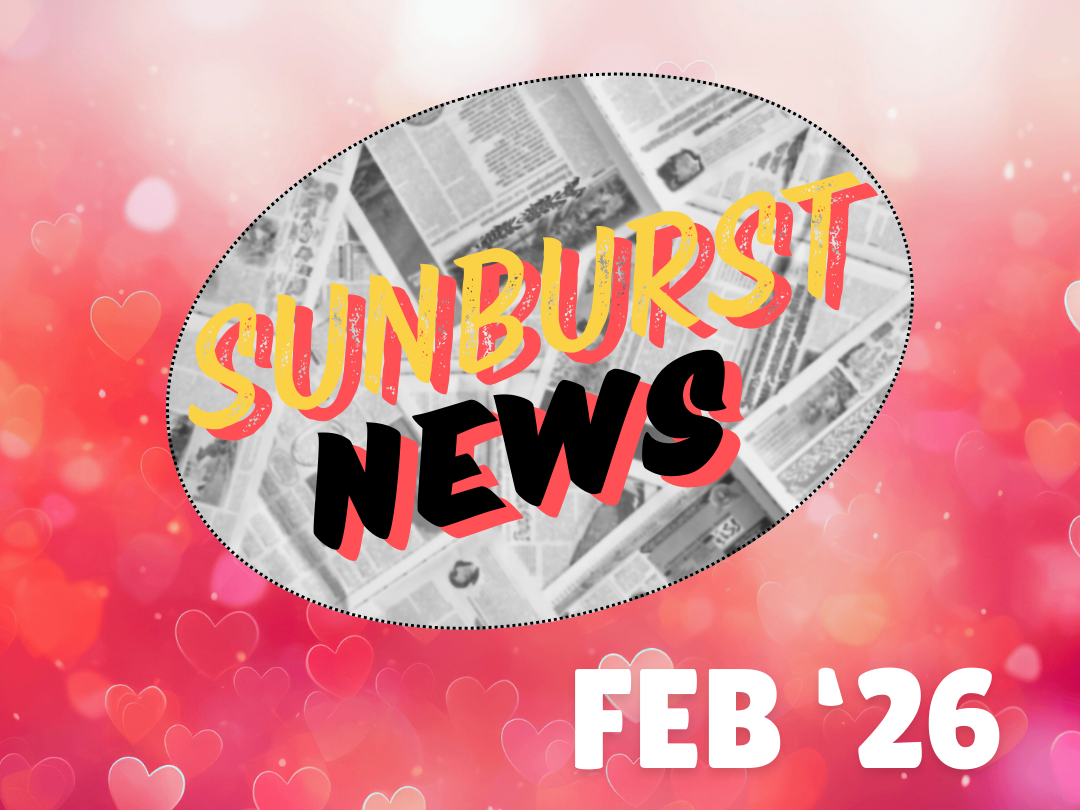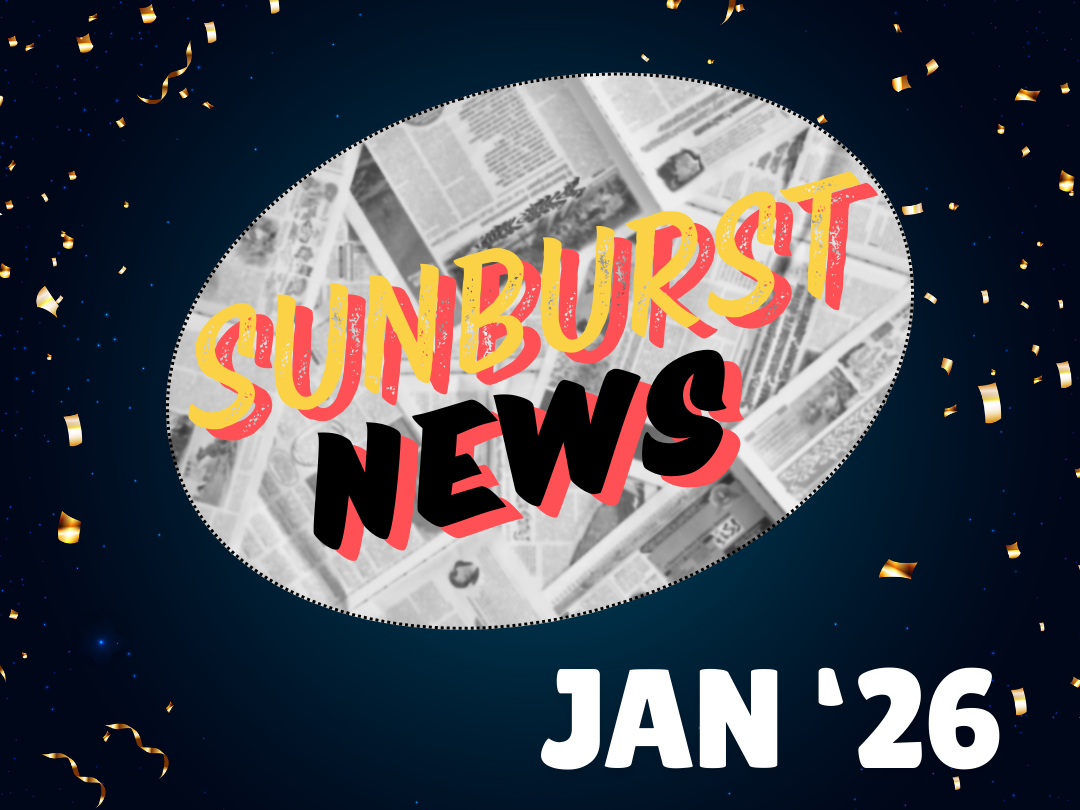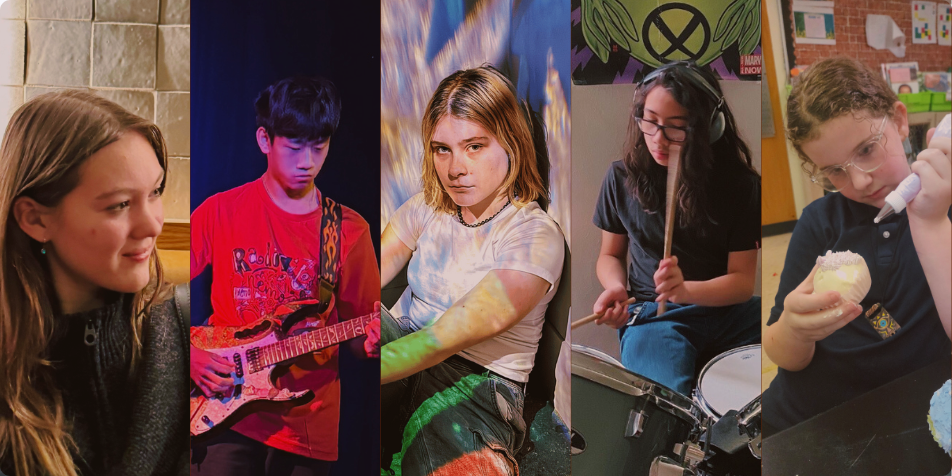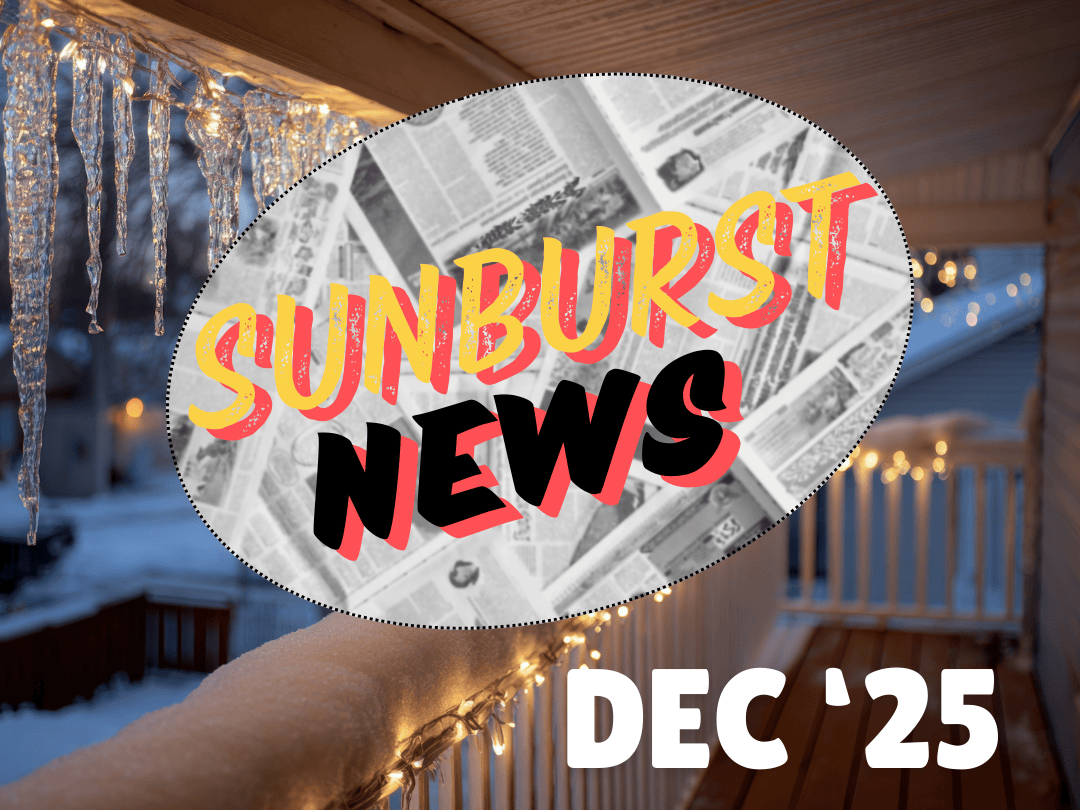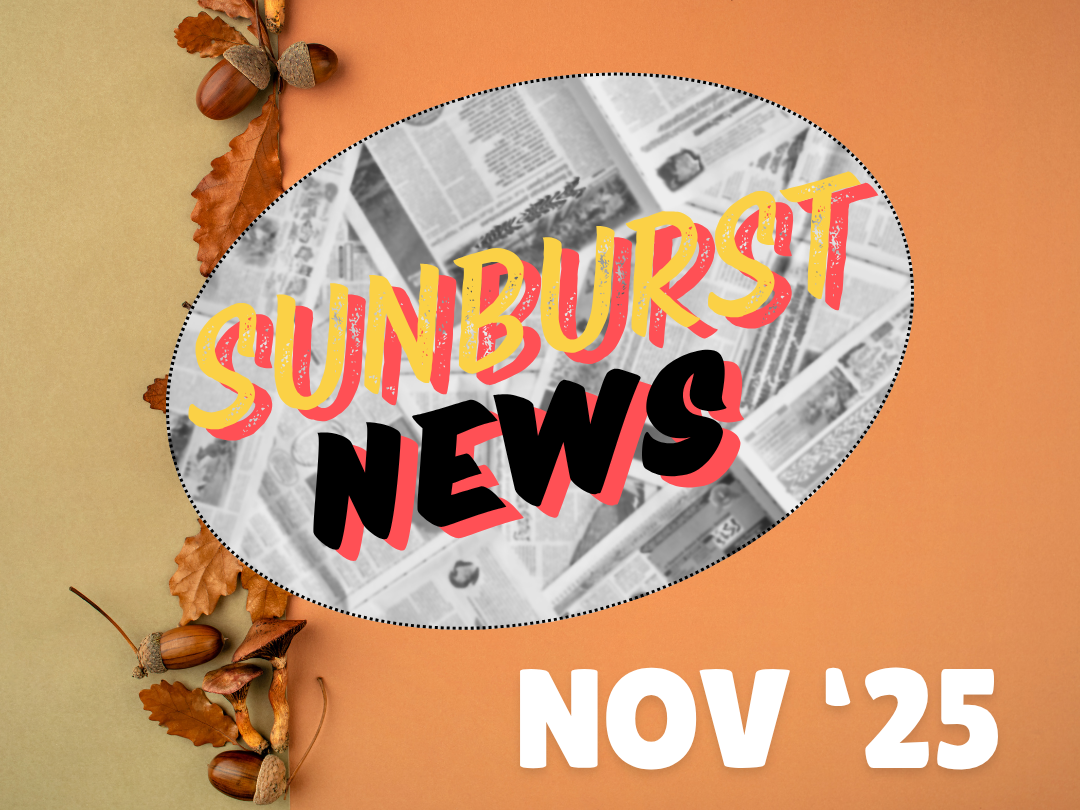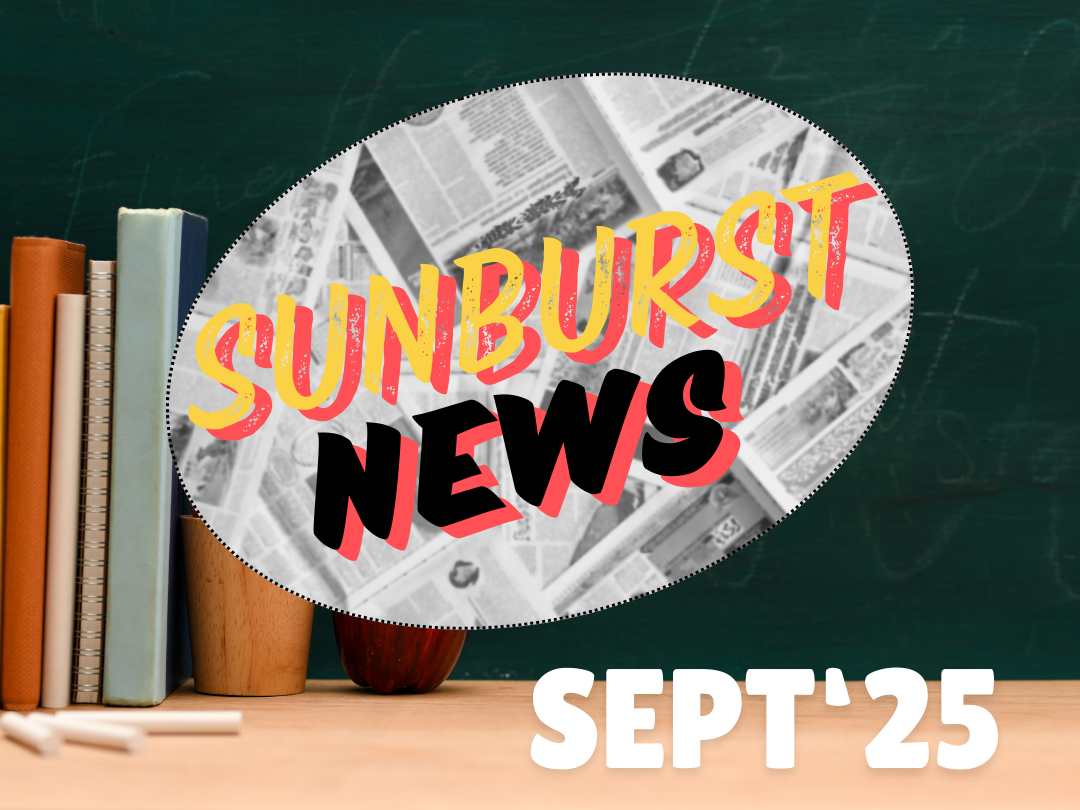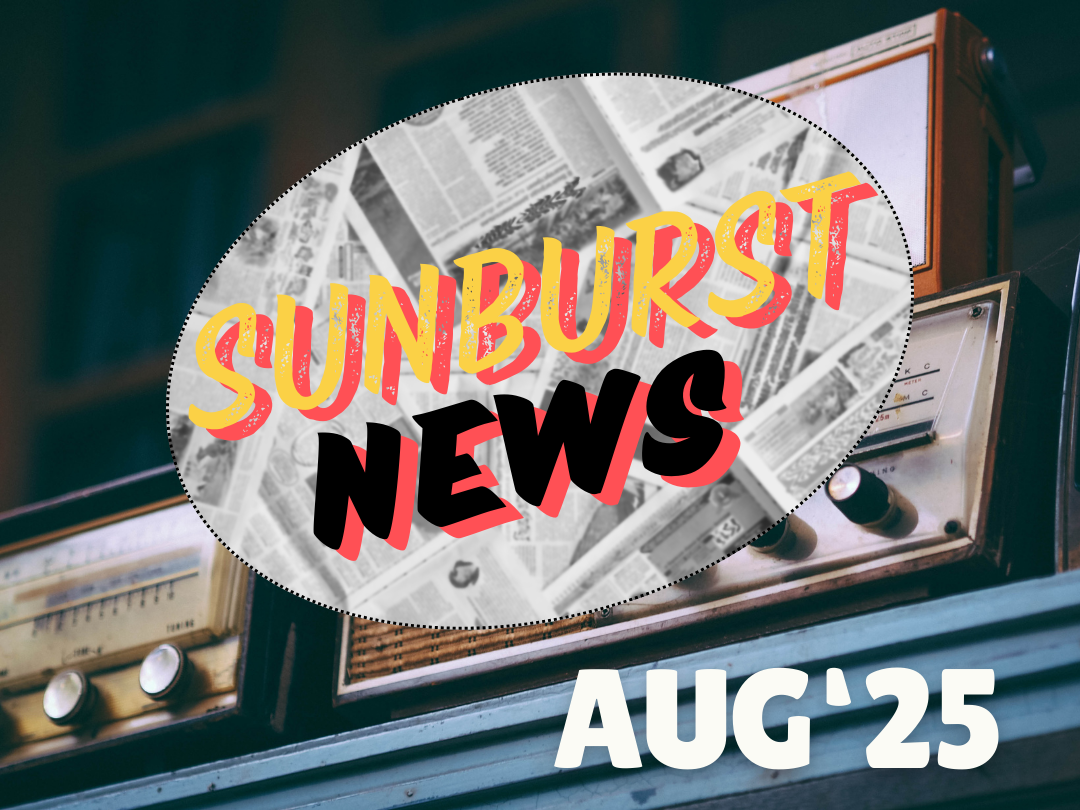Which Guitar Amp is Right For Me?
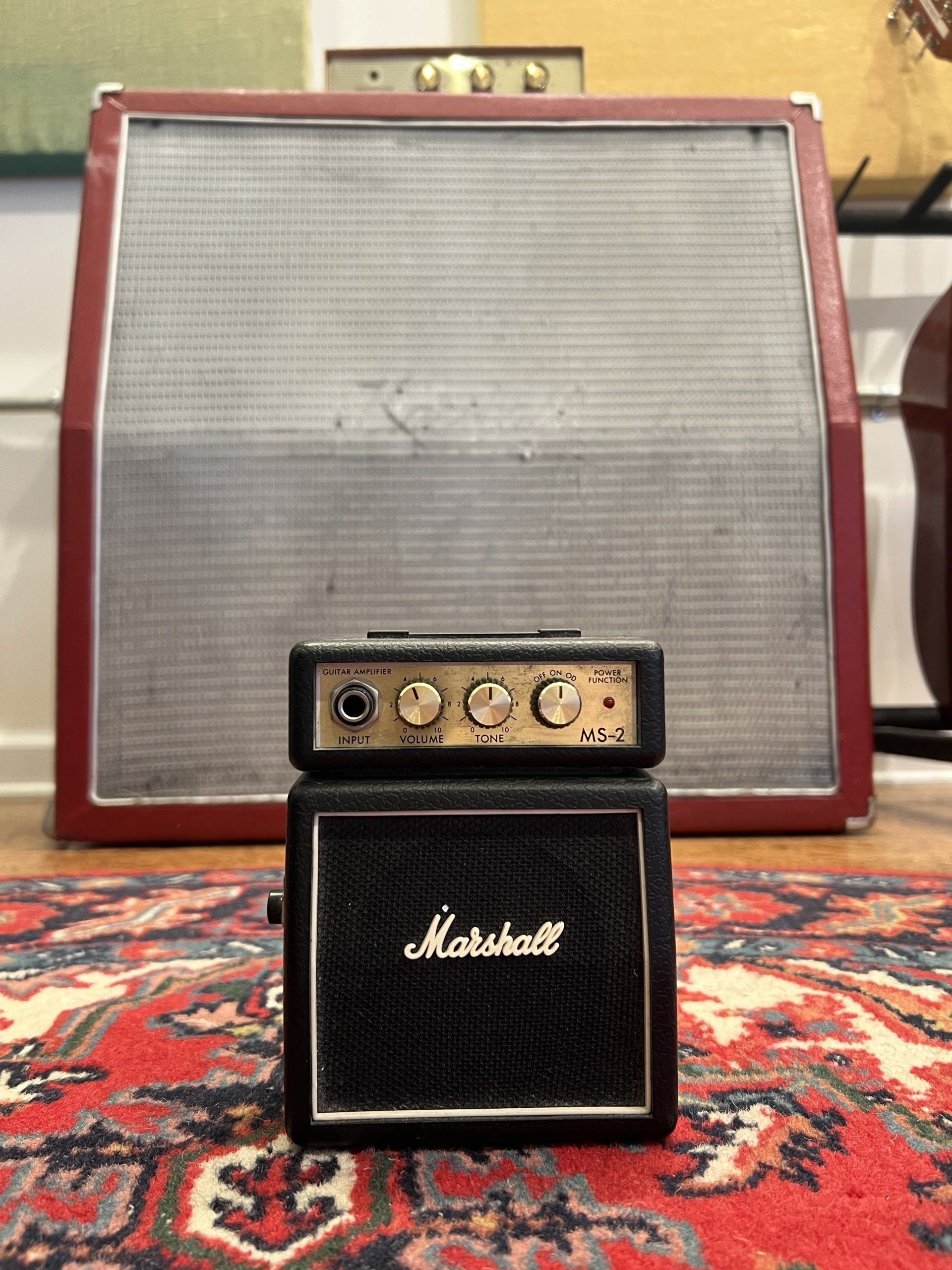
From the bedroom to the main stage, what kind of amp should you use?
A Two Part Instrument
Unlike most instruments, the electric guitar is actually made of two equally important parts: the guitar itself, and your amp. If you’ve ever picked up an unplugged electric and strummed a few chords on it you may have noticed that it’s “acoustic” tone leaves a lot to be desired, this is where your amp comes in. We’re going to explore the different kinds of amps, how and when to deploy which one of them, and all of the other options for getting great, inspiring sounds out of your electric guitar.
Tube and Solid-State
Most of the time when guitar amplifiers come up there are two categories that you’ll hear about: tube amps and solid-state, understanding these two is a pretty good place to start. The original guitar amplifiers in the ‘20s and ‘30s, like all radios, PA systems, and other speakers of the time used vacuum tubes as a means of amplification. Without going too far into detail these are literal glass tubes that move electrons through a vacuum and turn the signal from your guitar into something powerful enough to move a speaker. Solid-state amps were invented in the 1970s and use transistors, most other speakers in your life from your phone to your car are based on similar technology.
Tube amps are heavy, expensive, require maintenance like replacing tubes and re-biasing, and are susceptible to damage from tubes shaking loose or freezing in the car overnight. The advantages of a solid state amp are many: they are lightweight, low maintenance, and inexpensive, so why would anyone still use tube amplifiers? Well, tube amps sound really good, it’s as simple as that.
One practical way to think about it for guitarists is that when you’re using a tube amp, as the volume gets louder, the tone of your guitar gets warmer, fatter, fuller, and edgier. With a solid state amp, when you turn up the volume it mostly sounds the same, just louder. So in a situation where you’re going to be loud, like playing with a band or recording, most often a tube amp will give you a more satisfying sound. If you’re practicing in your bedroom at a low volume, you likely wouldn’t be able to tell the difference or a solid-state amp might be better.
Distortion Is Everything
The most used guitar “effect” is distortion, even when the sound isn’t obviously distorted, there’s a good chance that there’s a small amount of distortion that’s serving to sort of smooth it over. This is a big part of what makes tube amps sound great is that the tubes themselves introduce a natural distortion the louder they go. Distortion can also be simulated with a pedal or a setting on your solid state amp, it’s a good idea to try experimenting with low levels of distortion to make your solid state amp sound more tube-like, even when going for a ‘clean’ sound.
Modeling: The Future of Amps
The latest technology is an attempt at combining the best of both worlds; the rich tone and distortion of a tube amp in a lightweight, inexpensive solid state amp. Basically someone in a lab somewhere records a number of revered old tube amps and analyzes their sonic characteristics, then creates a circuit in a solid state amp to simulate them. These are getting better and better and some of them are starting to really sound good, although when you do an A/B comparison with the real thing sometimes they don’t quite hold up.
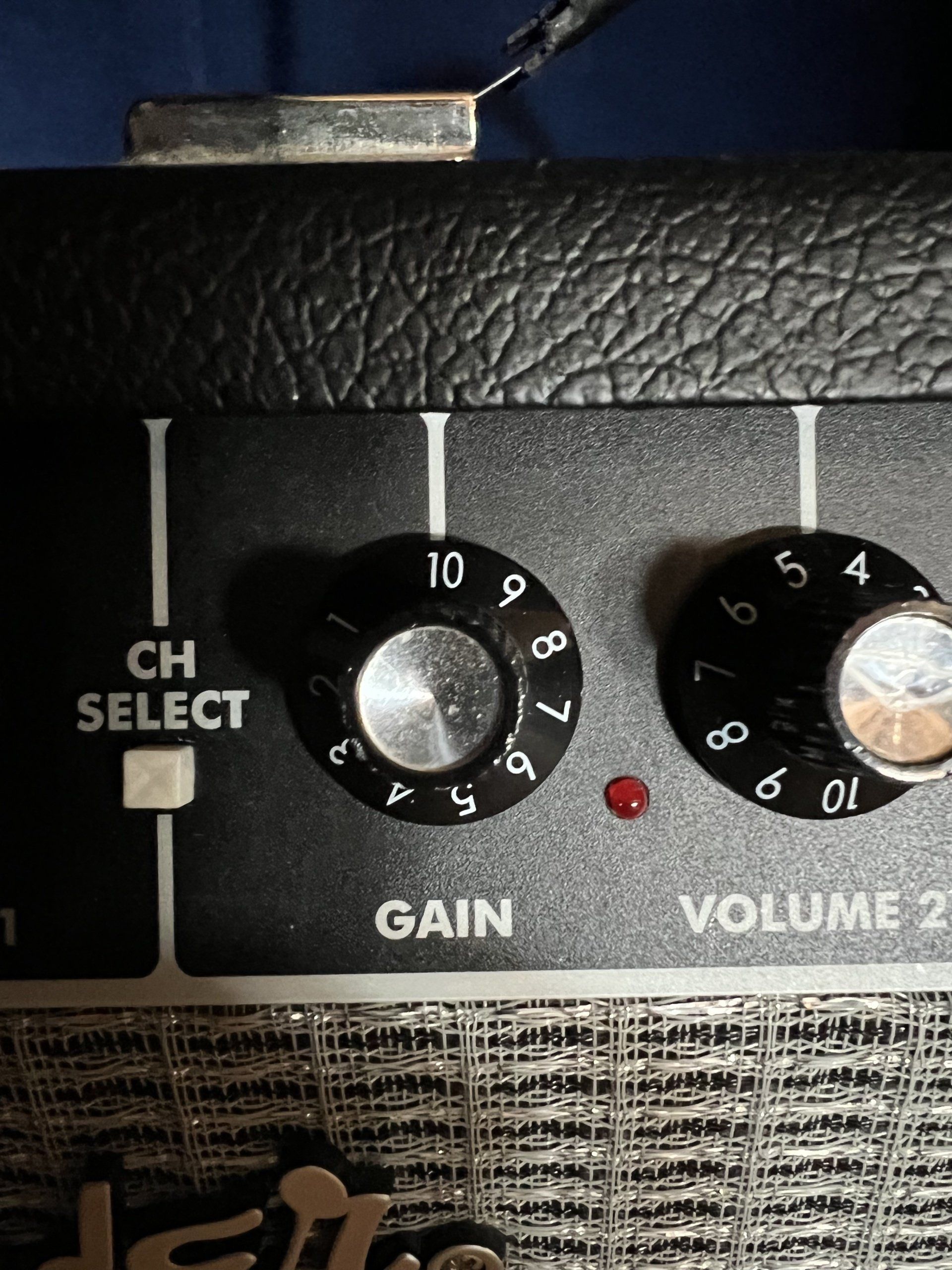
Gain = Distortion (for the most part)
Watts and Speakers
Amps range from something that can fit into your pocket to an enormo stack of speaker cabinets you might see on stage with a metal band. In general there are two things to consider, wattage and size/number of speakers.
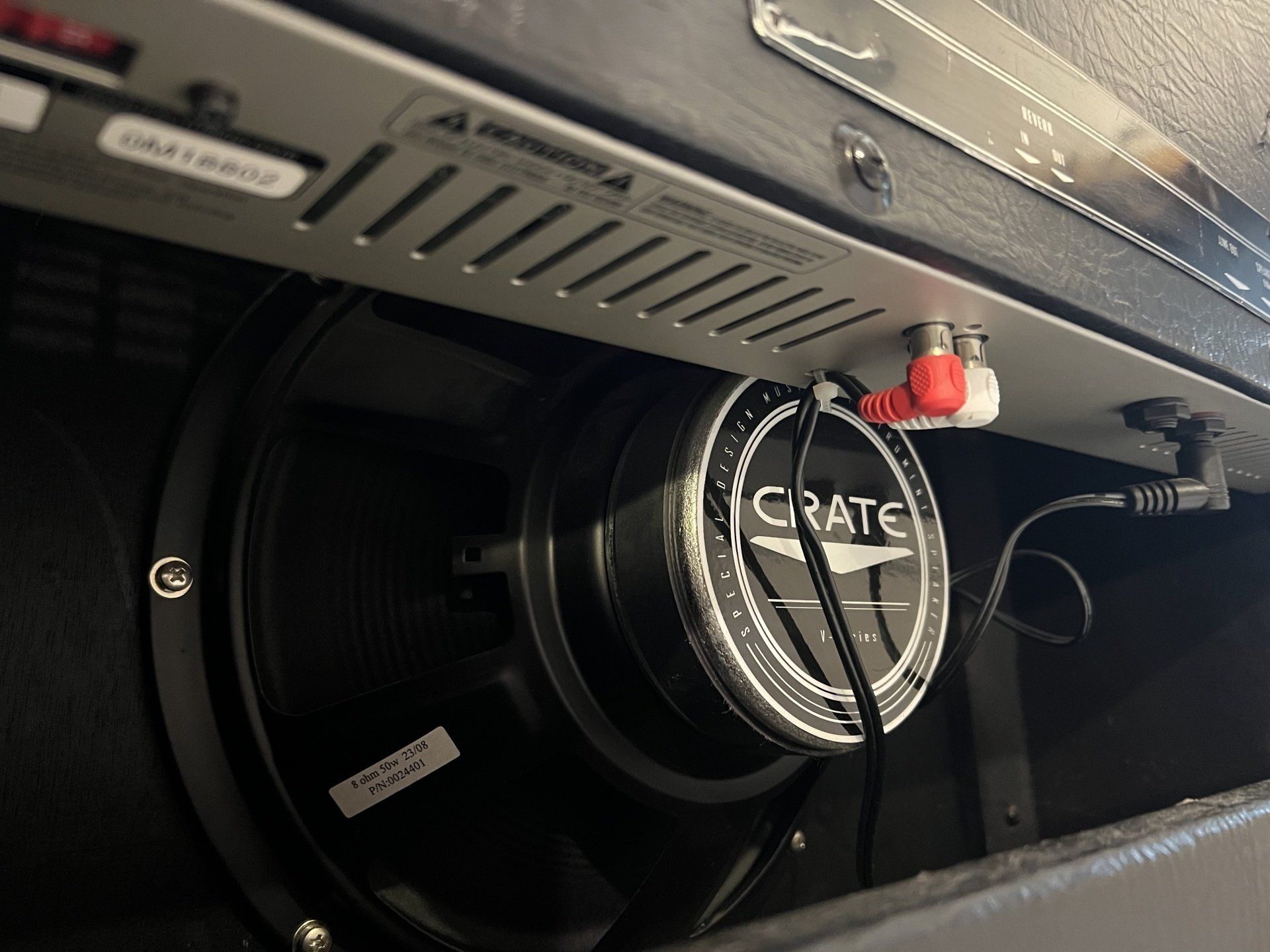
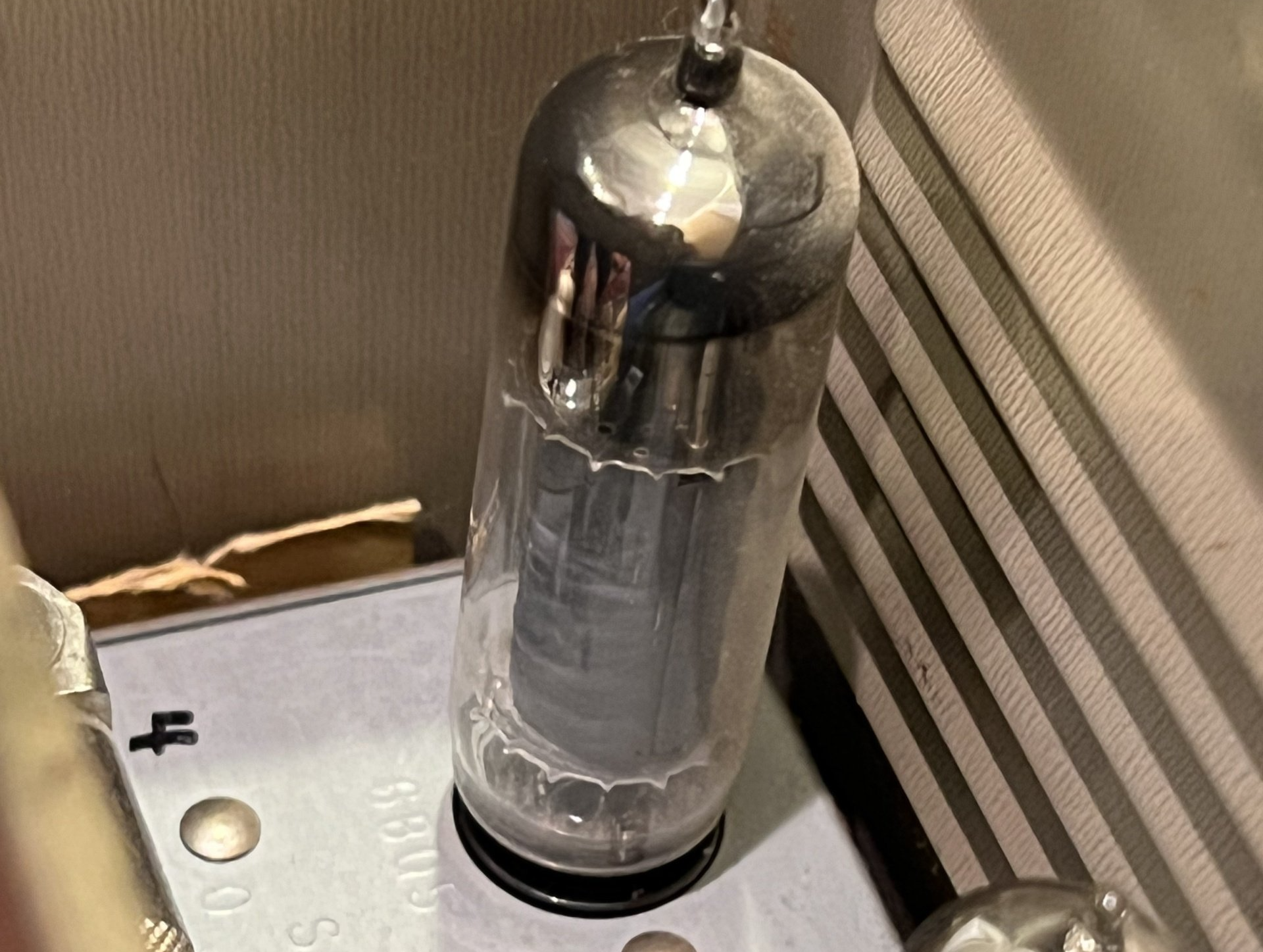
Wattage:
This is the power rating of the amplifier and tells you both how loud it can go overall, and critically, how loud it can go before distorting. Wattages are generally lower for tube amps, a 30 watt tube amp can sometimes be louder than a 100 watt solid state amp. And both are plenty loud enough to play with your band. One interesting thing to check out is a low wattage tube amp, 8-12 watts, these can sound really great when you crank all of the knobs all the way up into distortion and still might not be too loud. The one drawback is that if you need to get a really clean sound you might not be able to!
Speakers:
The simplest way to think about speakers is that the larger the speaker the more low frequencies it will put out. For guitar, speakers are mostly between 6-12” in diameter. 6” or 8” speakers are OK for a practice amps, and 12” are a good size for playing in a band with a nice full sound. Multiple speakers like a 4x12” cabinet are in my opinion, mostly unnecessary these days, they can make it very difficult to find a good sound without being too loud.
Effects - onboard or off?
Some amplifiers, especially solid state amps might have some built in effects such as delay, reverb, chorus etc. These are all great tools to have for a guitarist and really expand the palate with which you’re painting. When you’re looking for bedroom practice amps I recommend trying to find one with a variety of these as a way to start exploring what they can offer. If you’re looking to perform it’s usually better to just find an amp with a good sound on its own and use effects pedals for effects. While they’re more expensive, they generally sound a lot better, give you way more options, and you can trigger them with your feet on stage, they are also–as any guitarist will tell you–a ton of fun.
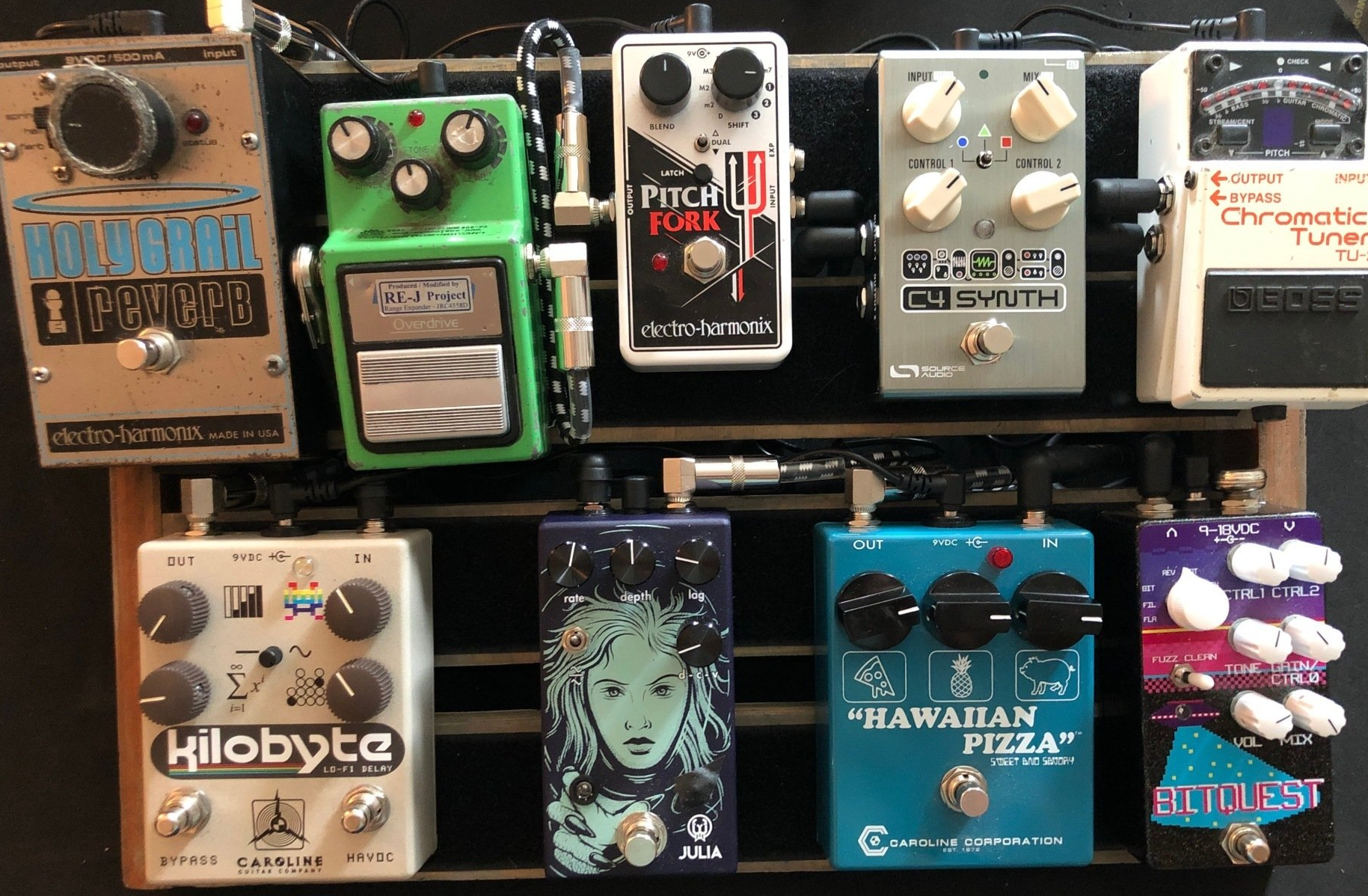
My current pedal setup 👆
Buying an Amp
OK so you’re ready to buy an amp. The first question is what situation are you planning to use it in? If its bedroom practice, a small solid-state amp with an 8” speaker and some built in effects will give you a nice sound at the right volume and plenty of tones to explore.
If you’re looking to play in a band, perform on stage, or record, there are two main options worth considering, both of which are “combo amps” (both the amp and speakers in one unit):
A 12-30 so wattage tube amp with a 12” speaker, paired with a few effects pedals is a great option, and a good thing to shop used for since this kind of amplifier has been in production for a long time and some of the older ones are even more interesting. My personal favorites are twice as old as I am and only have two or three knobs.
A good quality 40+ watt solid state modeling amp, also with a 12” speaker and either pair it with effects pedals or look for one with a footswitch you can use on stage. Even if this won’t go as loud as the tube amp, it will be plenty loud for the practice room, and even if you’re performing at a big venue it’s likely the sound person will put a microphone on your amp to play through the house speakers. This kind of amp can also double as a practice amp!
Plug and Play
So whether you're shredding in your bedding or getting ready to play a festival, having the right amp to pair with your guitar is an important piece of the puzzle. Regardless of what you end up with, try to think of your amp as an extension of your instrument, play around with the knobs, learn what sounds it can make, experiment, most importantly have fun!
Bonus Round: No Amp!
If you don’t have an amp yet, or want to try something new, plugging your guitar into your computer and using the amp simulators on garageband, logic or any number of other programs can be a great option for bedroom practice, recording, and some brave folks will even do it on stage! It does require an audio interface.
